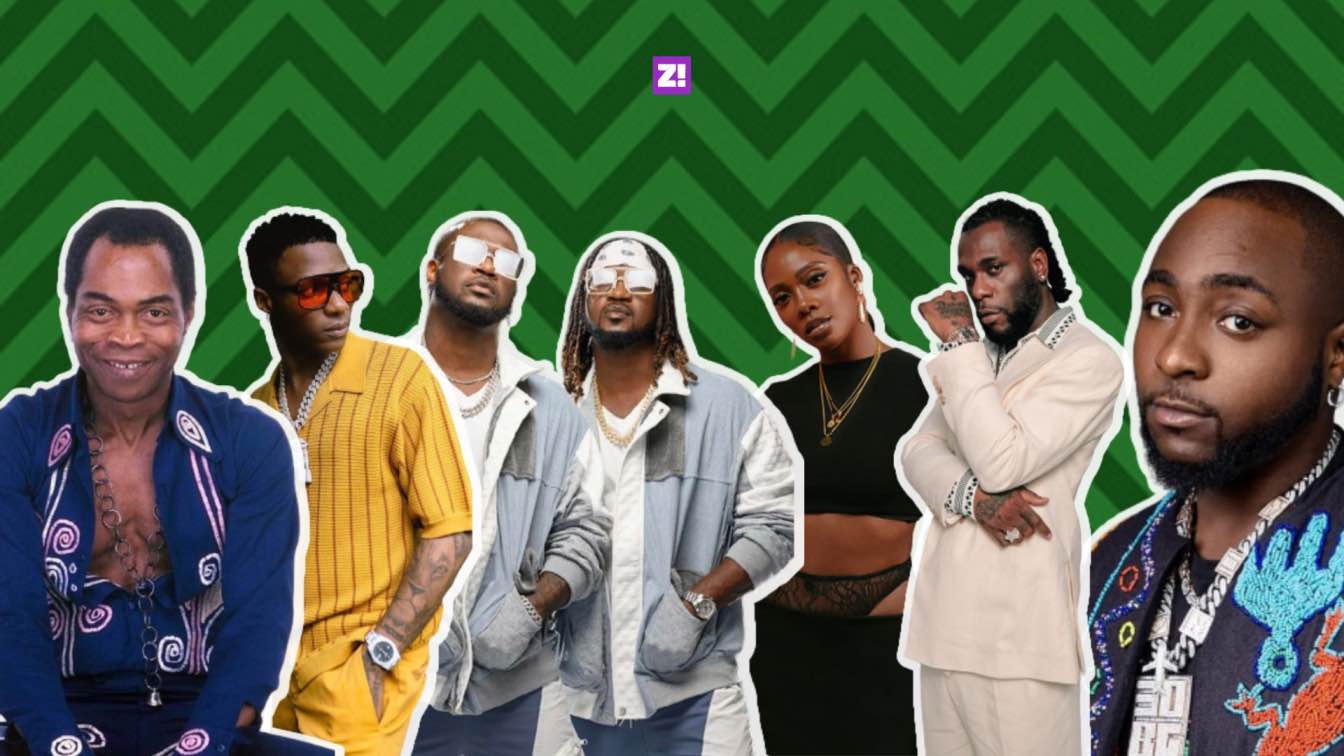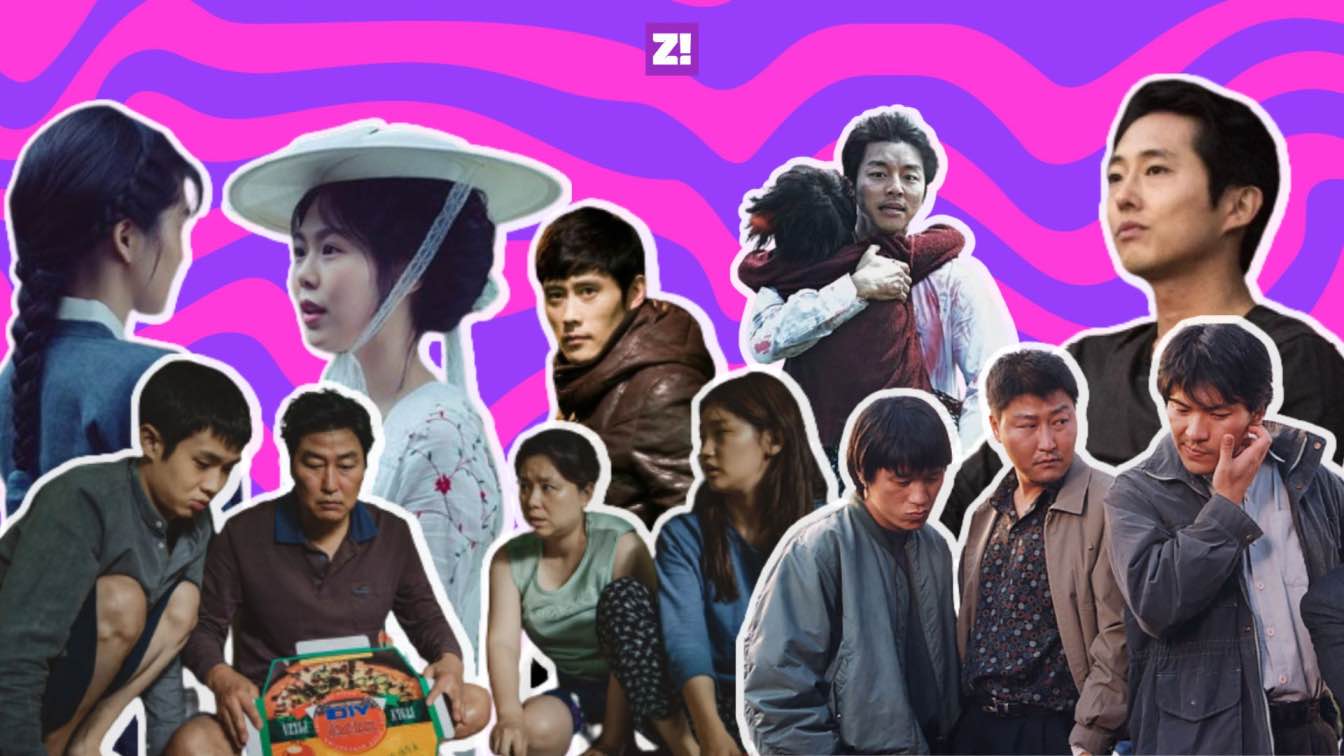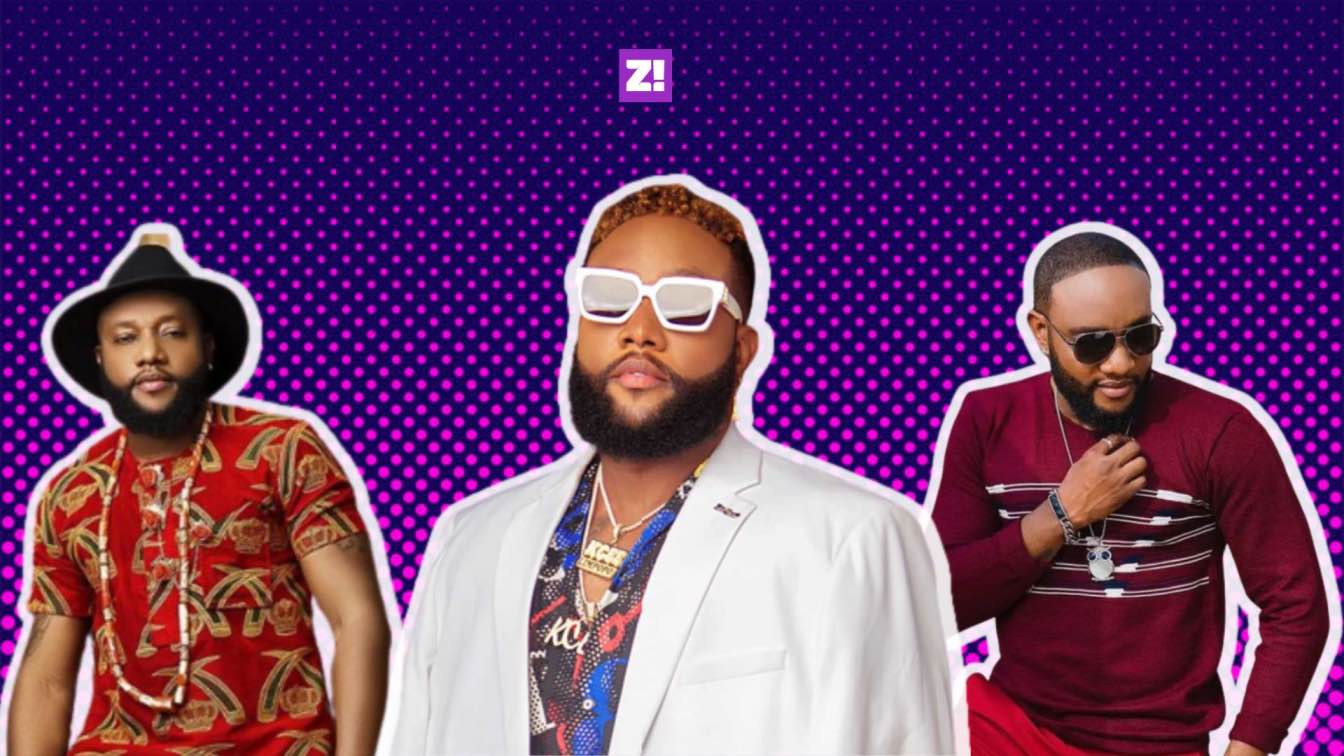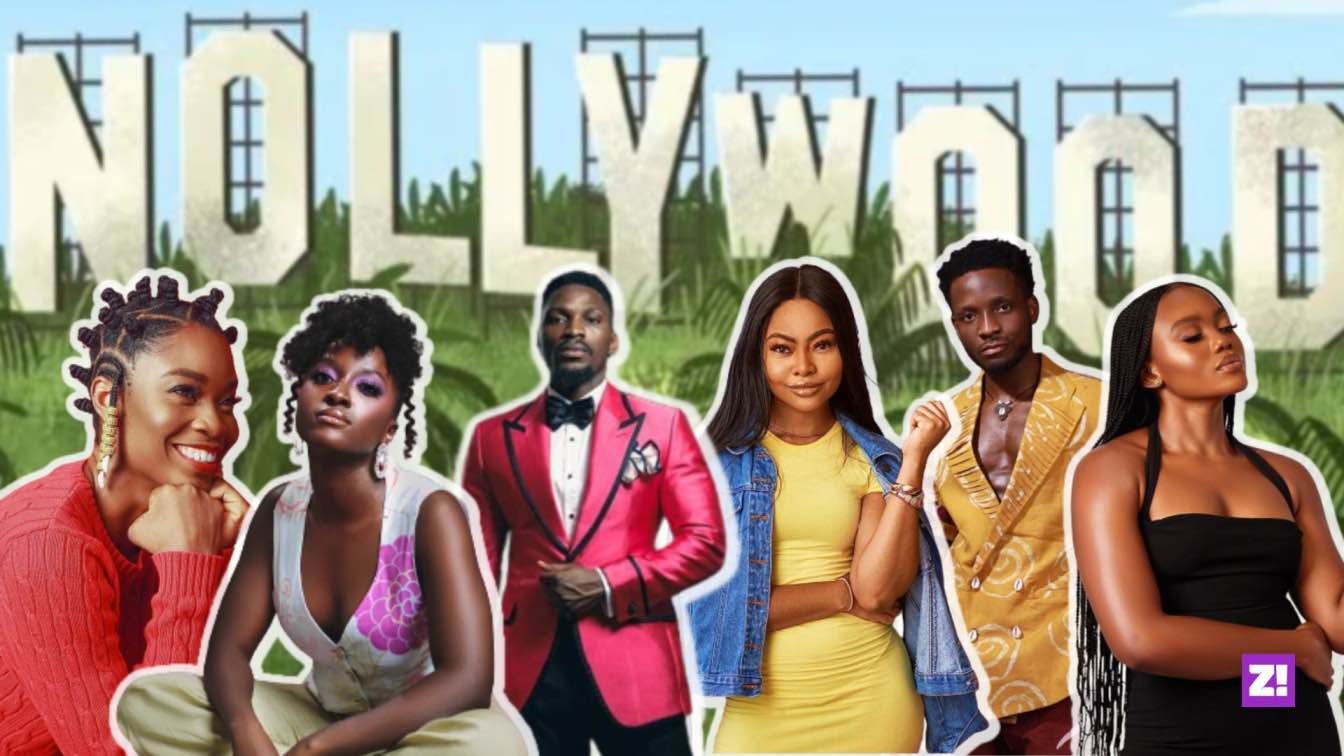What does it mean to be a man? Surely, it’s not one thing. It’s a series of little moments that add up. Man Like is a weekly Zikoko series documenting these moments to see how it adds up. It’s a series for men by men, talking about men’s issues. We try to understand what it means to “be a man” from the perspective of the subect of the week.

The subject of this week’s Man Like is Demola Fashola, a former lawyer and tech bro who followed his passion to create the viral Anfàní fashion brand. He talks about how COVID pushed him to finally follow his dream, how growing up surrounded by women influenced his view on masculinity and why he doesn’t want to be a “strong” man.
When did you get your “I’m a man now” moment?
I don’t think I’ve had just one moment. But even the different ones I’ve had were more about realising some things are just expected of me as a person. I don’t equate them to “coming into my own” as a man.
The COVID period of 2020 was one of those moments when I felt I needed to step up and ensure everyone around me was doing okay emotionally. I have a calming energy, so my version of being a man is stepping in to remind my family and friends to calm down when life gets chaotic. The lockdown was also a period for me to walk back and rediscover myself after years of listening to the noise around me.
Interesting. What was this rediscovery about?
I finally got to take charge of my life and trust myself with where I wanted to go with my career. I’ve always been a creative, and my earliest memories are of me sitting in front of a TV, watching commercials on a loop. But when it was time for me to go to university, I studied law just like my dad because it would’ve been hard as a 17-year-old to convince my parents to pay for film or photography school.
I was miserable studying law, but I’m a nerd who likes intellectual challenges, so I was good at it. I graduated from the UK, and the conversation quickly turned to “Just go to law school”, and I did that for a year. The same happened with NYSC, which ended with me eventually getting my first job at a law firm. Even though I wasn’t into any of these things, because I always got the job done, a lot of people around me kept telling me things like, “Just stay for another year.”
I had a lot of anxiety and fear around starting a career that didn’t have the structure of a 9 to 5, but COVID helped me confront it. I’d been toying with the idea of starting my clothing line, Anfàní, for five years before I eventually made the move in 2020.
Not you leaving, “Objection, my lord” for fashunz
Honestly, university or work wasn’t the worst part for me. It was law school. I loved university; 10/10 would recommend it. But my experience in law school was harrowing; that place has been problematic and tyrannous for years. It has to be one of the top five most degrading postgraduate programmes in the world. The lecturers there were teaching us about human rights, but when it came to their class rooms or how they treated students, these rights didn’t apply.
The whole law thing was like looking out the window and seeing people playing while I was in class studying maths. I should’ve been out in the world, figuring my life out, not doing something I had absolutely no interest in.
So how did this transition from law to fashion happen?
I’d already pivoted once in 2018 when I left my law firm for a tech company. I stayed there for another two years before quitting the 9-to-5 life altogether. When COVID happened, I was still at this tech job, but I had to reassess whether it gave me the same level of fulfilment it did when I first got it. I didn’t even tell my parents I wanted to leave until the exit paperwork was signed, and I was officially out.
It was easier to start my creative journey in 2020 because I wasn’t dependent on my parents for financial support. I told them I’d left my job, and they accepted my decision.
But weren’t you scared?
I’m not going to lie, I have a significant amount of privilege, so I wasn’t that scared of the financial implications of my decision. Even if I didn’t have savings or my parents, I had a lot of extended family and friends who would’ve been happy to help in any way. But luckily for me, I did have some savings and investments.
Leaving a secure job can be a very big and unwise move to make for a lot of people, but I was also lucky that mine happened during the lockdown, so I didn’t have to go anywhere or spend that much money. The world slowing down helped me focus on building my business and stretching out the money I saved.
Tell me about this brand that keeps getting sold out every time I try to buy something
LOL. Anfàní is an idea my co-founder, Temitayo, and I had way back in law school. We just wanted affordable quality t-shirts we could order on Wednesday and wear on Friday for drinks. Over time, it has evolved into a way for us to push this cultural shift of telling stories through the clothes we make and show, not just how we view the world creatively, but also, how young Nigerians like us see the world.
“Anfàní” is Yoruba for “value” or “privilege”, and we chose it because we believe clothes shouldn’t be something that’s restricted to just a group of people, it should be accessible for everyone.
Nice. What did the experience of finally starting your business teach you about yourself?
That I’m exactly who the fuck I think I am.
I know that’s right!
It has also taught me that I’ve built wonderful relationships with people in my 20s, to the point that I have people who’d follow me off a cliff. I’ve also learnt I can handle shit… I don’t like to call myself strong, but I genuinely think I have a strong will to live and enjoy this life no matter what.
But most men like the word ‘Strong’, so what gives?
I don’t think strength is something that should be tested. It’s exhausting to prove time and time again that I can rebound. A lot of people who say they’re “strong” smile through the pain. I like to sit with my pain and figure out why my body or mind is acting the way it is at the time.
I’d rather figure out why I’m not okay and deal with my issues than pretend everything is fine just to look strong.
That’s valid
By the way, even though I sort of knew it, starting my business forced me to admit how much of a perfectionist I am. I don’t believe in participation medals. What the fuck is the point of doing something if it’s not excellent?
It comes from how I was raised. My parents were very supportive, but they were also honest with me regarding how I approached life. They told me when I didn’t apply myself like I should.
Are you more or less of a perfectionist now?
Business isn’t about perfection; it’s just about being good enough. I’m getting a bit more relaxed, but letting go completely feels like recklessness, and I might have an anxiety attack if I do. I’m learning to accept that mistakes happen though.
Random question, but does anything scare you?
Horror movies are at the top of my list. I watched a lot of scary shit as a kid, and now, I can’t watch them anymore. Then random stuff like needles on TV and moths. But on a deeper level, I’m afraid of succumbing to what Nigerians think masculinity is.
Ooop
For us as Nigerian men, masculinity is all toughness and inaccessibility. But you’re a person, not a tyre. Another thing I’ve noticed is that in the process of unlearning toxic narratives from the past, a lot of us are looking back, without actively asking what the future should look like. It’s almost like we’re focused on what wasn’t as opposed to what should be.
So how do you view masculinity?
I’m not interested in defining masculinity. I feel like a man is simply a man because of the thing between his legs. Everything else is noise. There are so many words and descriptions of masculinity that it can be a lot to understand or aspire to.
This is why I fully fuck with the feminist movement, because it gives men space to breathe and be. We don’t have to live up to specific standards, traits and behaviour patterns defined as “masculinity”, that force us to regress instead of evolve as a society.
What’s something you’ve had to unlearn about masculinity?
Honestly, I’ve always questioned gender structures since when I was little. I grew up surrounded by many formidable women like my grandma, mum and aunties. These women were running businesses, doing really crazy shit and handled just as much, if not more, money than the men.
Imagine growing up around women like that, and some man starts saying women are inferior to men. That’s cap! Growing up, we all cooked, cleaned and did all the chores together. No one was pushed toward one activity because of their sex.
Because of the environment I was raised in, society’s idea that men are superior to women never settled in my head. It sounded like bullshit. I even stopped playing football because I felt most of the boys were unnecessarily aggressive and mean. I’ve always removed myself from ideas or situations that didn’t make sense in my head.
I’m curious about how you’re able to navigate male relationships, especially when they don’t share your views on masculinity
Male friendships were hard for me growing up. Always hearing guys say stupid things made me gravitate towards women. But that didn’t mean I had a smooth relationship with them either. For my female friends, it was a trust thing where I had to constantly prove I wasn’t like other men.
It was a double-edged sword because I couldn’t get on with the guys because I didn’t agree with them, and the girls didn’t really trust me enough to be their friend, so I couldn’t fit in anywhere.
Damn. Has this ‘fitting in’ situation changed with time?
It’s much different now. I’m having a better time with guys because most of them have also been working to unlearn a lot of the stuff society has told them about masculinity. So it’s easier to make friends.
Also, a lot of guys share my views, and I tend to stick with those guys. I’m not responsible for another adult’s education anymore. Everyone has to learn and unlearn themselves, so I’ve chosen to limit unproductive conversations with men who don’t share my views.
Interesting. Who are your role models for what it means to be a man?
My dad inspires me to be hardworking and generate goodwill. I have a lot of uncles, so I can’t name one and not name the others. LOL. They all taught me a sense of responsibility to myself, my family and friends.
Before you go, what are your ingredients for living a happy life?
Drink water, mind your business, go outside and touch grass once in a while, go to therapy if you can afford it, love without asking for love in return, acknowledge your feelings, be kind and patient with yourself, and take a deep breath. Scratch that, take 10.
Oh, good food and good sex.




